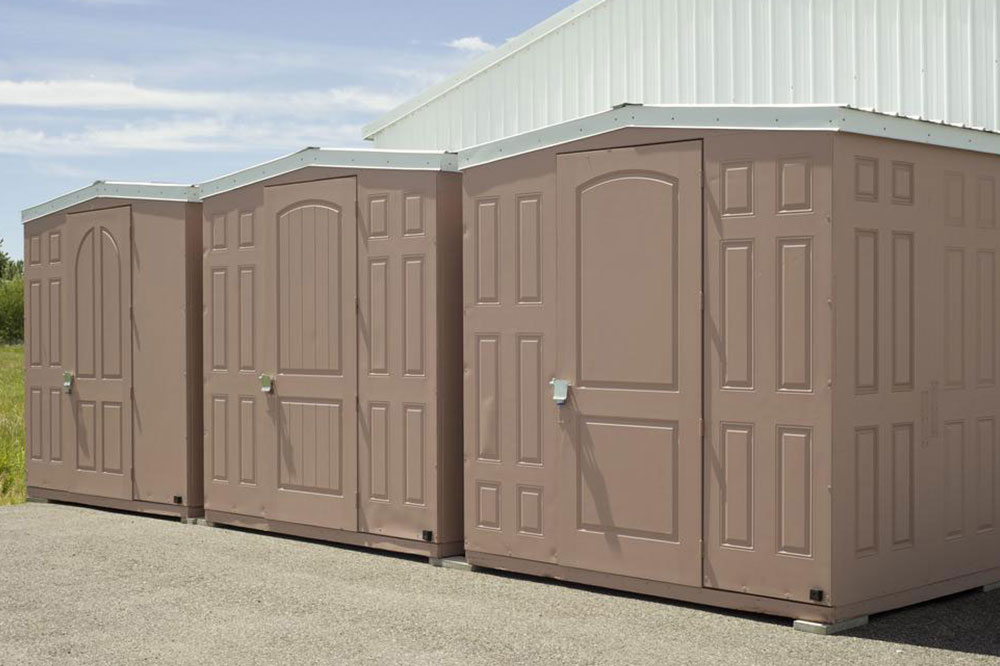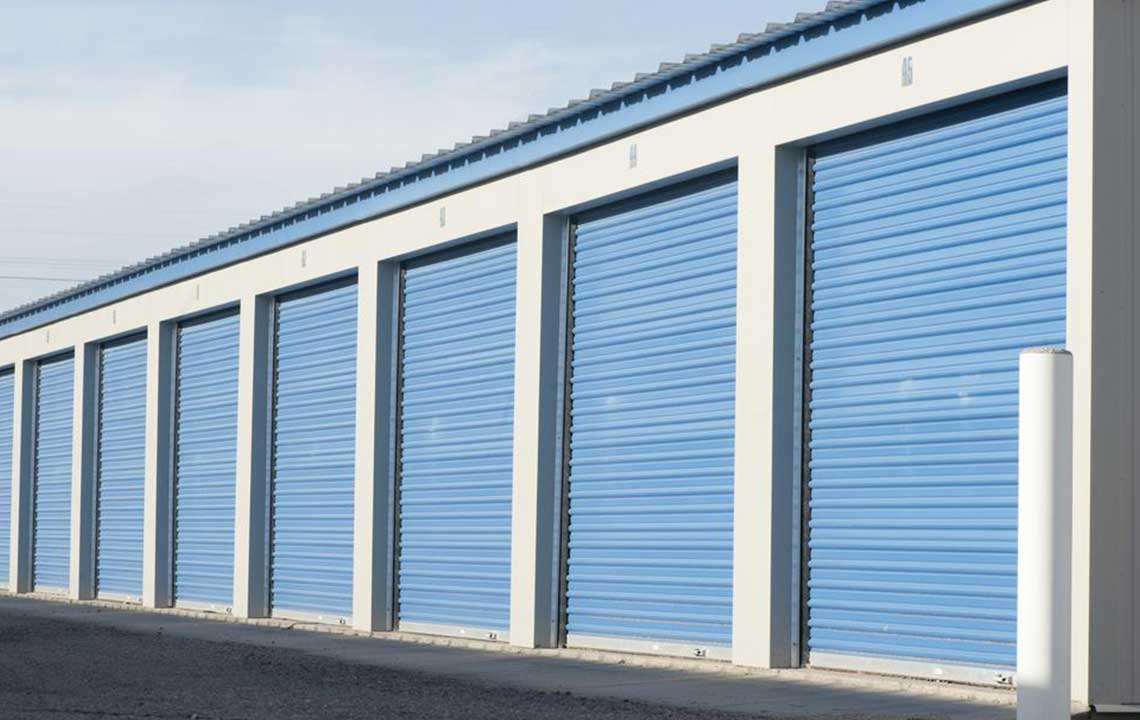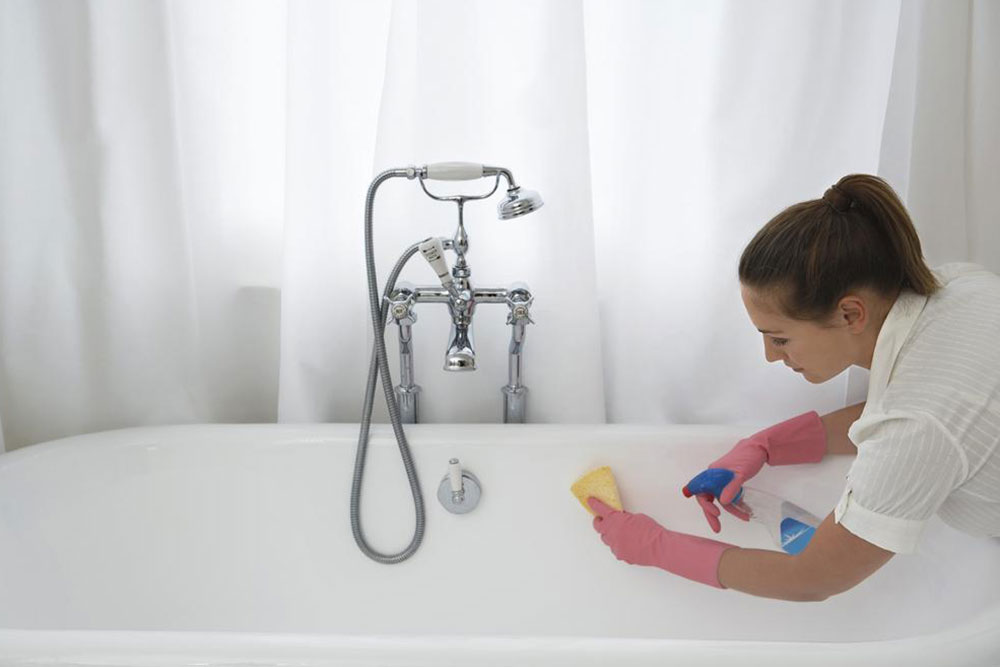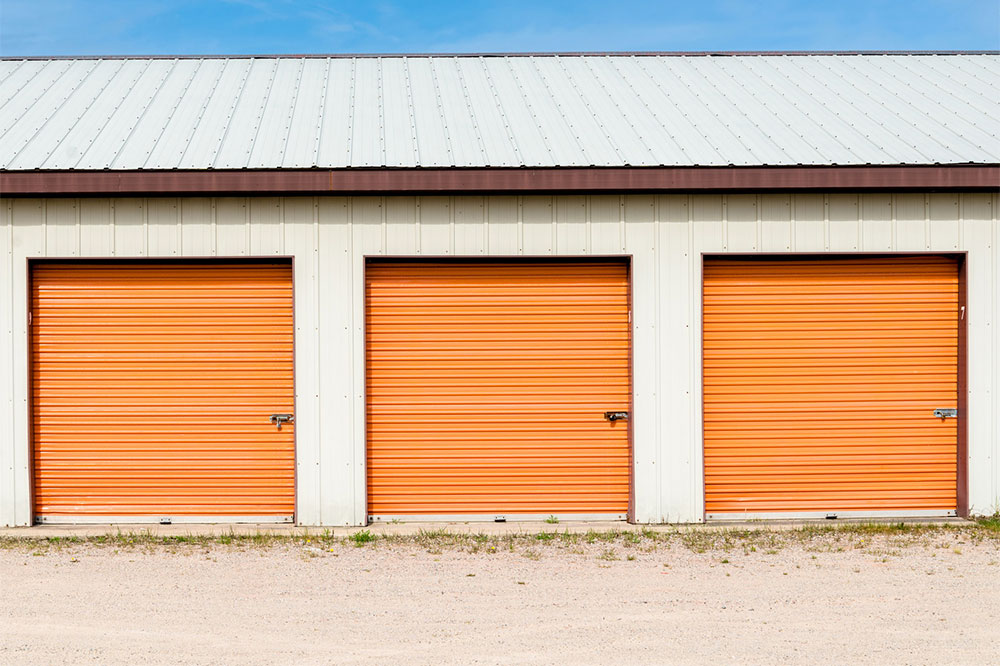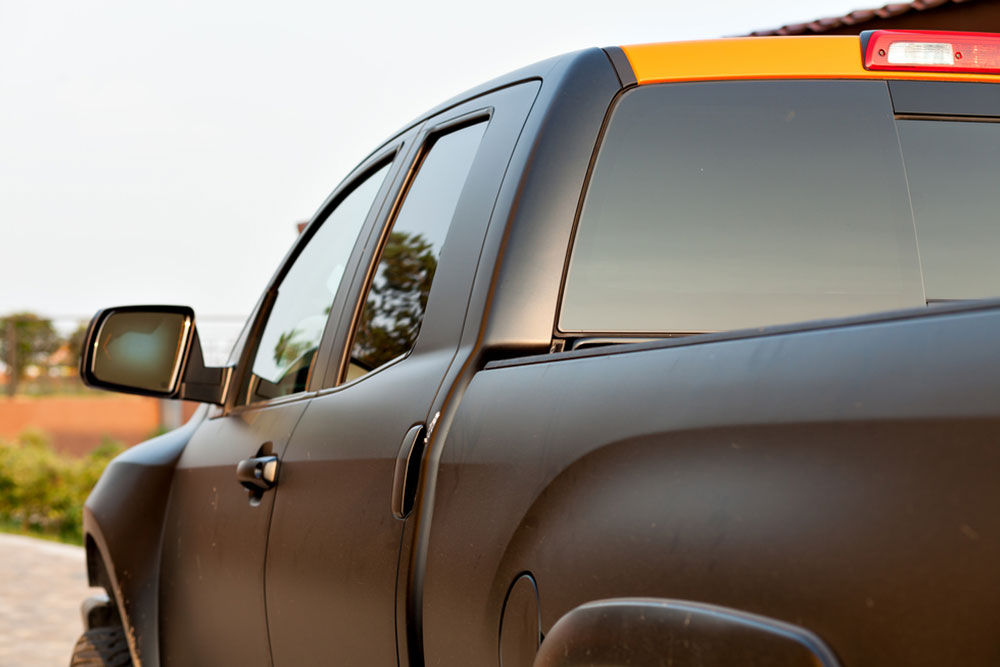Ultimate Guide to Storage Units: Types, Selection Strategies, and Essential Tips
This comprehensive guide provides detailed insights into storage units, covering types, selection tips, operation methods, and key factors for choosing the right facility. Perfect for anyone needing secure, affordable storage solutions for personal or business use, it explains options like climate-controlled, outdoor, and vehicle storage while highlighting important considerations such as security, accessibility, and pricing. Whether for short-term or long-term storage, this article helps users make informed decisions to maximize value and safety.
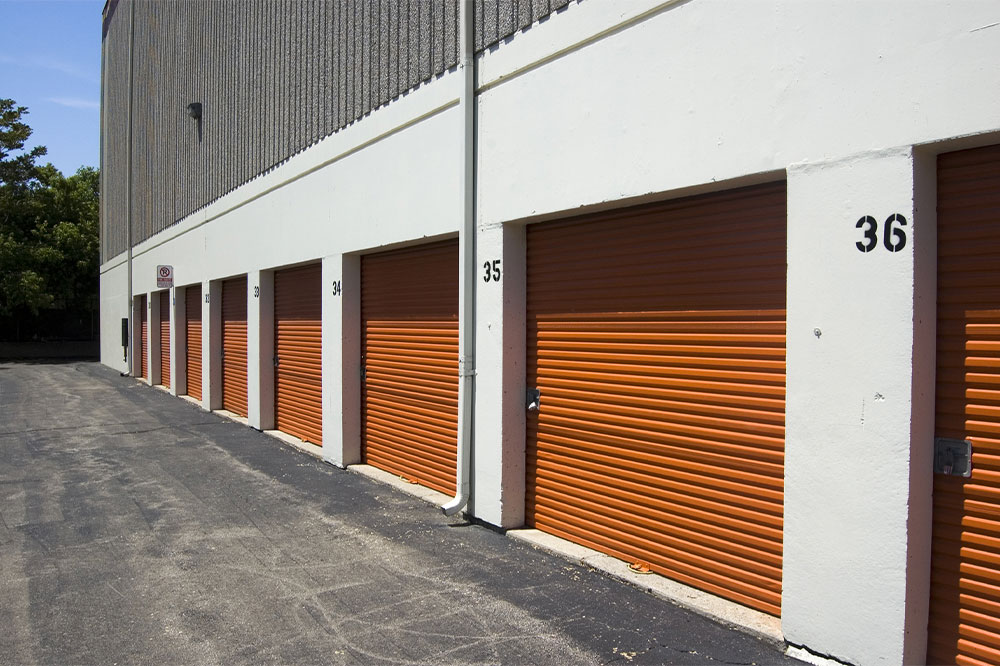
Ultimate Guide to Storage Units: Types, Selection Strategies, and Essential Tips
Storage units are specialized spaces within secure facilities designed for the safe and organized storage of personal belongings and business inventory. Whether you're planning a move, renovating your home, decluttering, or need a safe place for equipment, choosing the right storage solution is crucial. These units provide flexible options for both short-term and long-term storage needs, offering convenience and peace of mind. In this comprehensive guide, we will explore the different types of storage units, key factors to consider when selecting one, how to operate them effectively, and essential tips to ensure you get the most value from your storage investment.
How Storage Units Function and Work
Understanding the operational framework of storage facilities helps in making informed decisions when renting a unit. Storage options are broadly categorized into two types: full-service storage facilities and self-storage units. Each has distinct features, advantages, and considerations depending on your specific needs.
Full-service storage facilities offer a premium experience, making the process effortless for users. These providers typically handle everything from pickup to delivery, allowing customers to focus on other priorities. This option is ideal if you prefer a full-service experience but often comes with higher costs. Conversely, self-storage units are the most popular choice for individuals and businesses seeking cost-effective, flexible storage solutions. These units require you to bring, load, and manage your items independently, making them perfect for short-term needs, seasonal storage, or when budget constraints are a concern. Additionally, understanding the storage duration is vital as it influences the choice between short-term or long-term renting, and can impact pricing and accessibility.
Whether you choose full-service or self-storage depends on your convenience preferences, budget considerations, and storage duration. Short-term storage needs are usually best served by self-storage options, which are reliable, secure, and economical, especially for personal items needing temporary safekeeping.
Types of Storage Units Explained
Indoor Climate-Controlled Units: These units are designed to provide a snug, temperature- and humidity-controlled environment, safeguarding sensitive items like documents, artwork, antiques, or collectibles from environmental damage. Ideal for valuable or delicate possessions, they help prevent mold, warping, rust, and deterioration.
Outdoor Drive-Up Units: These are accessible directly from the parking lot, allowing easy loading and unloading of large or bulky items such as furniture, appliances, or construction materials. While they are covered to provide protection from weather, they typically do not offer climate control, making them suitable for durable goods.
Vehicle Storage: Specially designated units for keeping vehicles, including cars, motorcycles, boats, or RVs. These can be covered or uncovered; covered options add protection from the elements, while uncovered storage is more affordable for long-term vehicle safekeeping.
Wine or Specialty Storage: These units are equipped with insulation, temperature regulation, and humidity control to meet the demanding needs of wine enthusiasts or collectors who lack dedicated cellar space. Proper storage preserves the quality and value of aging wine or other collectibles.
Key Factors to Evaluate When Selecting a Storage Facility
Accessibility & Convenience: Determine if the facility offers 24/7 access or limited hours, based on your schedule. Easy access influences your ability to retrieve or add items conveniently.
Security Measures: Prioritize facilities equipped with surveillance cameras, secured gates, high-quality locks, and on-site security personnel. These features significantly reduce the risk of theft or vandalism and provide peace of mind.
Pricing & Budget: Assess the cost relative to the size and features of the unit. Look out for discounts, promotions, and flexible leasing options. Longer rental commitments often yield better rates, so negotiate when possible.
Location & Proximity: Choose a facility close to your home, office, or frequently visited areas to minimize travel time. Consider access routes and the safety of the vicinity, especially if you plan frequent visits.
Reputation & Reviews: Check customer feedback to gauge the quality of service, safety, and overall satisfaction. Avoid facilities with negative reviews or recurring issues such as security lapses or poor customer service.
Renting a Storage Unit: Essential Requirements
Most facilities require a valid government-issued identification such as a driver’s license, passport, or military ID to verify your identity.
You will need to sign a rental agreement that details the terms, payment schedule, liability clauses, and policies regarding damages, access, and termination.
Cost Considerations and Pricing Strategies
The cost of storage varies widely based on several factors including unit size, location, duration of rental, and added features like climate control. Short-term rentals are generally paid monthly, but some facilities offer discounts for long-term contracts or prepayment. It's advantageous to compare different providers, look for promotional rates, and negotiate for better terms. Also, high occupancy levels can drive prices up, so booking in advance or during promotional periods can save you money. Conversely, during periods of low demand, better rates may be available.
In conclusion, choosing the right storage unit involves a careful balance of convenience, security, and cost. Recognizing your specific needs—whether for personal belongings during a move, business inventory, or seasonal items—will help you select the most suitable storage solution. Proper research and understanding your options ensure you maximize benefits, safeguard your belongings, and enjoy peace of mind throughout your storage experience.
